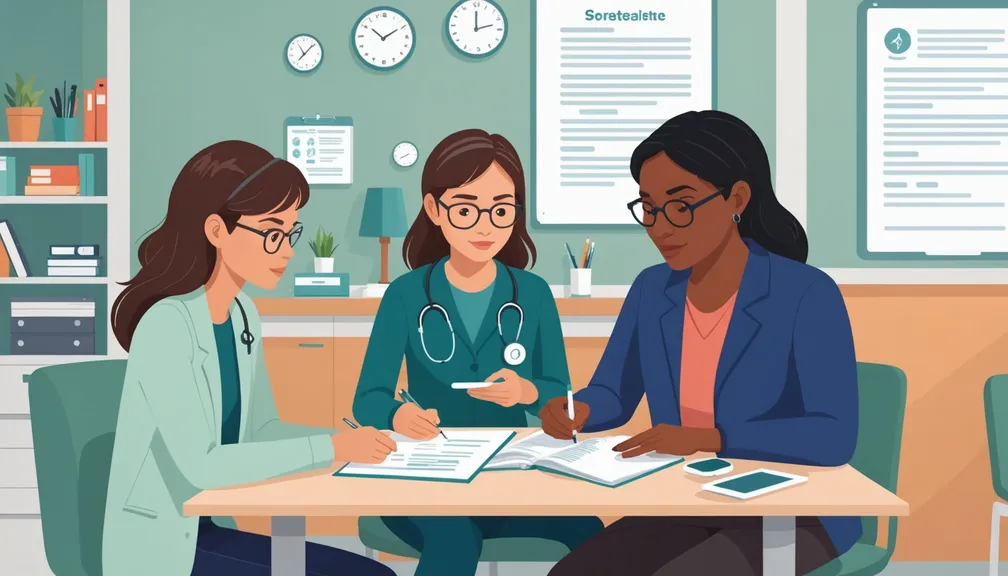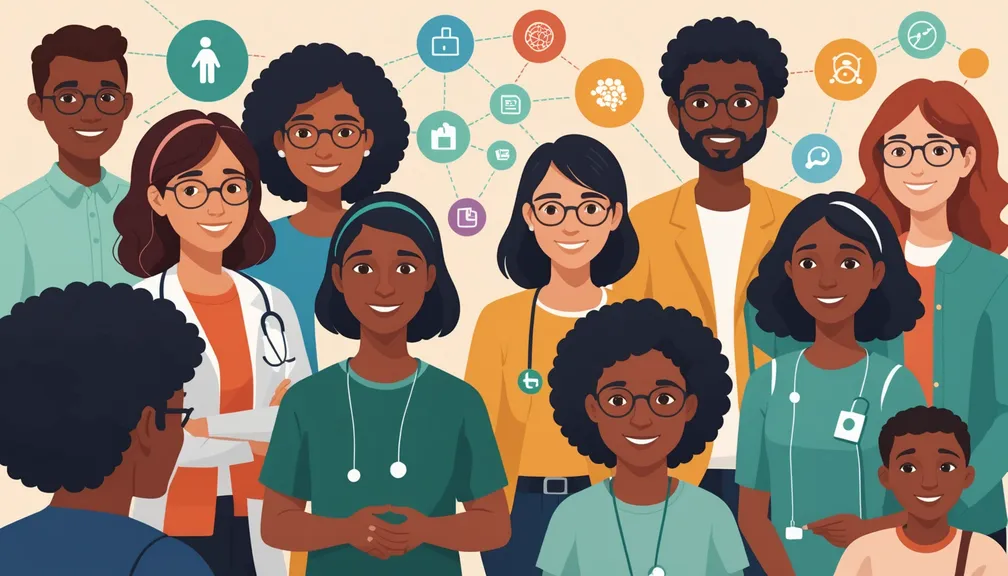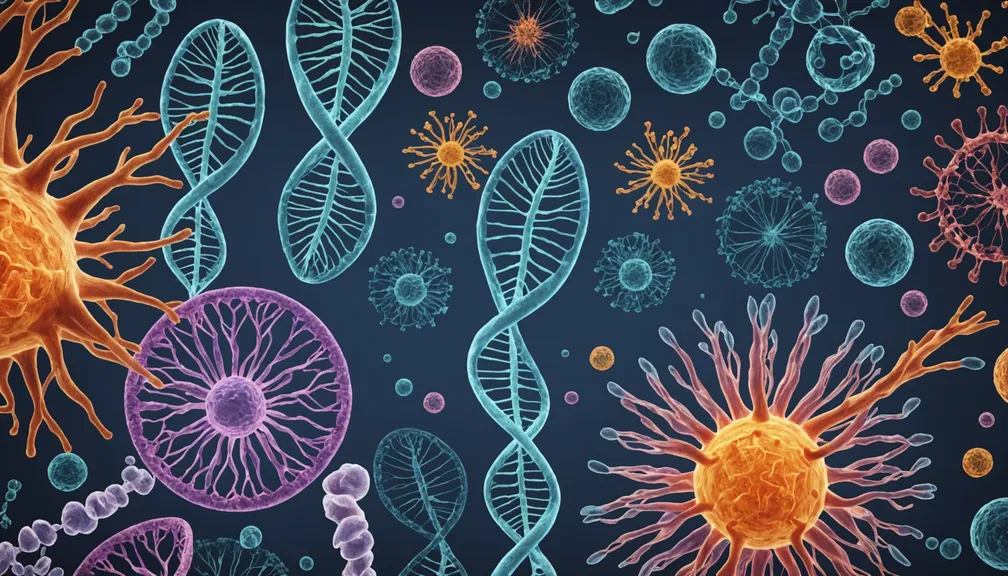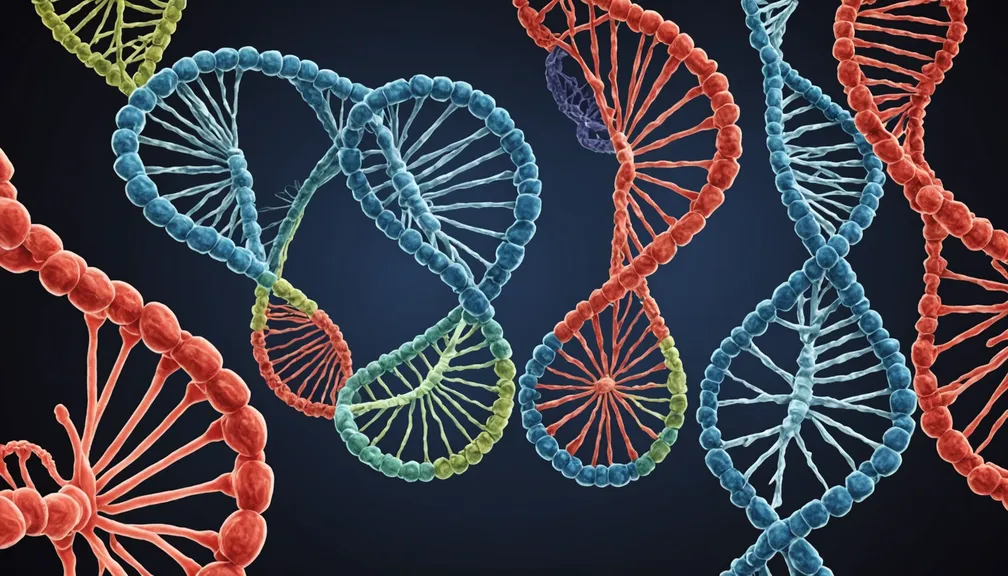Understanding Support Networks
Support networks play a crucial role in managing genetic rare diseases. They provide emotional comfort, practical assistance, and valuable information to patients and their families.
Emotional Support
- Family and Friends: They offer love, understanding, and companionship.
- Support Groups: Connecting with others facing similar challenges can reduce feelings of isolation.
- Counseling Services: Professional counselors can help navigate the emotional complexities of living with a rare disease.
Practical Support
- Care Coordinators: Help manage medical appointments and treatments.
- Home Care Services: Assist with daily activities and medical needs at home.
- Transportation Services: Provide reliable transportation to medical facilities and support group meetings.
Finding Support Groups
Engaging with support groups can provide a sense of community and shared experiences.
Online Communities
- Forums and Social Media Groups: Allow for connection with others globally who understand your situation.
- Webinars and Virtual Meetings: Offer educational sessions and opportunities to interact with experts and peers.
In-Person Groups
- Local Support Meetings: Provide face-to-face interaction and immediate support.
- Community Centers: Often host events and gatherings for individuals with rare diseases and their families.
Resources for Families and Caregivers
Families and caregivers need access to various resources to effectively support their loved ones.
Educational Resources
- Books and Articles: Offer information on managing the disease and coping strategies.
- Workshops and Seminars: Provide training on caregiving techniques and disease management.
Counseling Services
- Individual Counseling: Helps caregivers manage stress and emotional burdens.
- Family Therapy: Facilitates open communication and strengthens family relationships.
Healthcare Professionals and Specialists
A team of specialized healthcare professionals is essential for comprehensive care.
Types of Doctors
- Geneticists: Diagnose genetic conditions and provide information on inheritance patterns.
- Specialists (e.g., Neurologists, Cardiologists): Address specific organ-related issues caused by the disease.
- Primary Care Physicians: Coordinate overall health care and referrals to specialists.
Additional Health Professionals
- Genetic Counselors: Offer guidance on genetic testing and family planning.
- Physical Therapists: Assist with mobility and physical rehabilitation.
- Occupational Therapists: Help adapt daily activities to improve quality of life.
Financial and Legal Support
Managing the financial and legal aspects of a rare disease can be challenging.
Insurance Assistance
- Navigating Coverage: Understanding what treatments and services are covered by insurance.
- Appealing Denials: Seeking help to secure necessary medical services that may initially be denied.
Legal Rights and Advocacy
- Disability Rights Organizations: Provide information on legal protections and benefits.
- Advocacy Groups: Support efforts to improve healthcare policies and access to treatments.
Navigating Information
Accessing accurate and reliable information is vital for effective disease management.
Reliable Information Sources
- Medical Journals and Publications: Offer the latest research and treatment options.
- Healthcare Providers: Provide personalized and trustworthy medical advice.
Avoiding Misinformation
- Critical Evaluation: Assess the credibility of information sources before accepting their validity.
- Consulting Professionals: Always verify information with qualified healthcare providers to ensure accuracy.
Connecting with support networks and utilizing available resources can significantly enhance the quality of life for individuals with genetic rare diseases and their families. Building a strong support system empowers you to navigate the challenges effectively and fosters a sense of community and understanding.






